With April being Rosacea Awareness Month, we thought it would be a great opportunity to highlight the condition and explore an effective treatment option for it.
So, what is rosacea exactly? Rosacea is a chronic skin disease that causes redness and swelling on the face. Symptoms can range from pimples, lines, and visible blood vessels to dry skin with persistent redness. While there is no cure for the condition, the HydraFacial is a popular option for our patients with rosacea.
As a facial treatment, the HydraFacial helps to gently soothe, moisturize, and comfort the skin. All of which are ideal for those dealing with rosacea. And the Deluxe HydraFacial in particular takes it all to the next level! Offering all the benefits of the basic HydraFacial, the Deluxe includes a booster that is specifically customized for the patient’s skin and LED light therapy that helps to reduce any redness or inflammation. Results are seen immediately after treatment and in some cases can last up to four weeks!
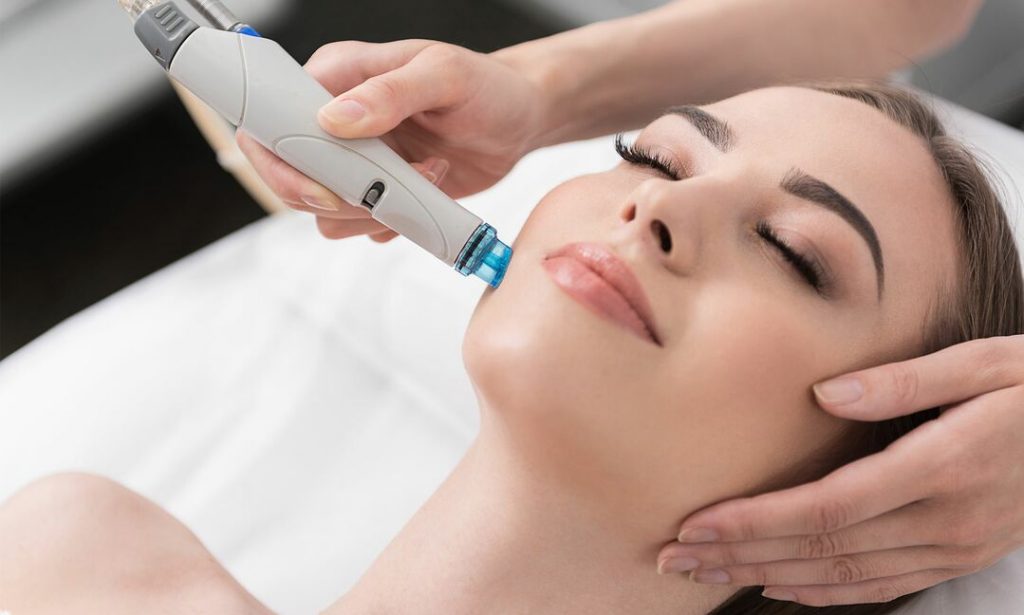
If you would like to learn more about the HydraFacial at the Lisa S. Ball, NP Building in Buffalo, NY, and how it can help with your rosacea, call 716-688-0020 or click here.
Source: www.rosacea.org
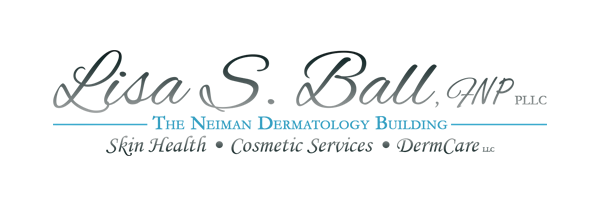
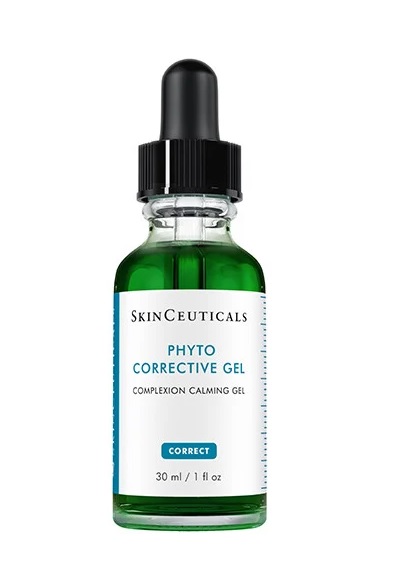



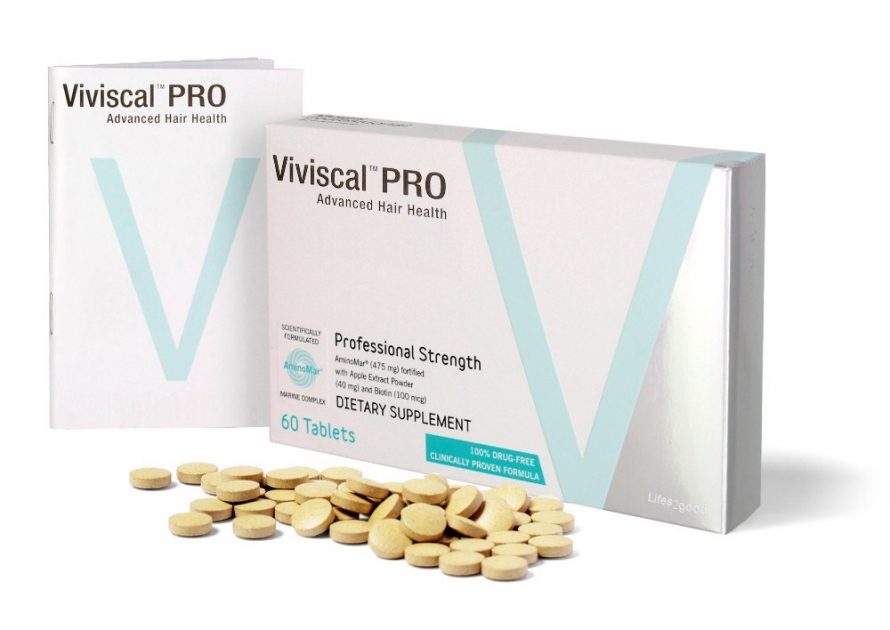 So What Is Viviscal PRO?
So What Is Viviscal PRO? 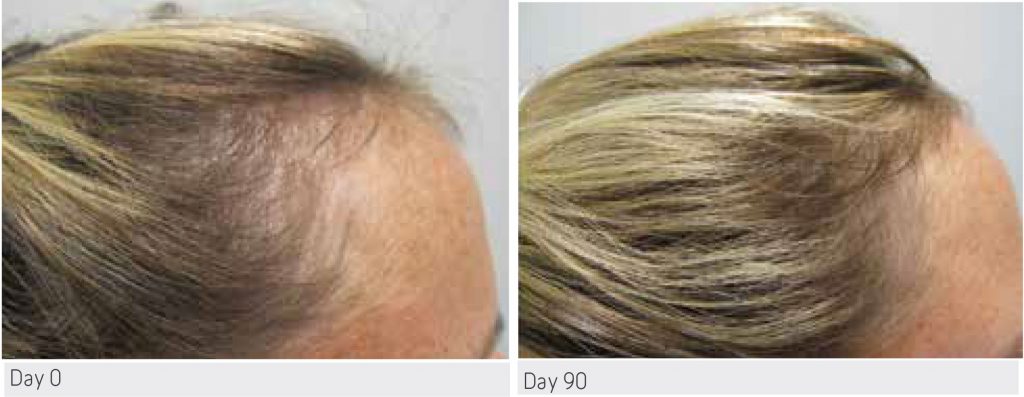
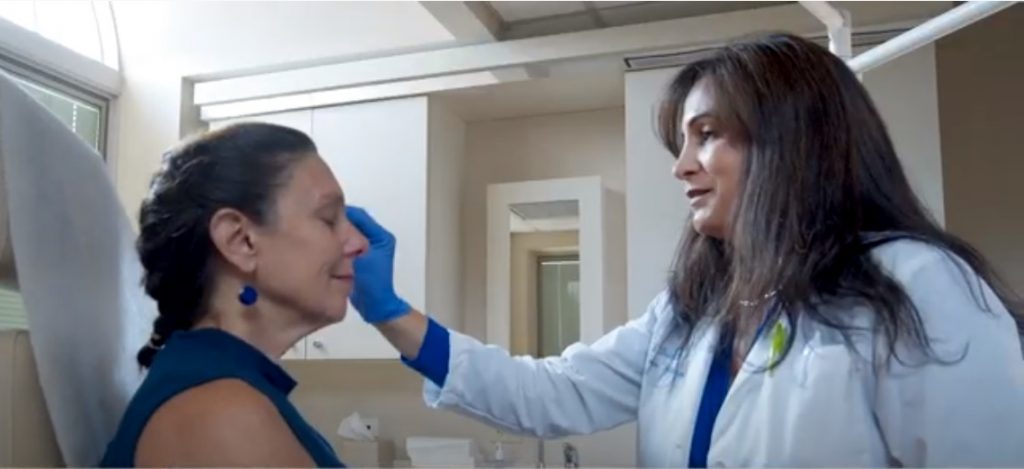
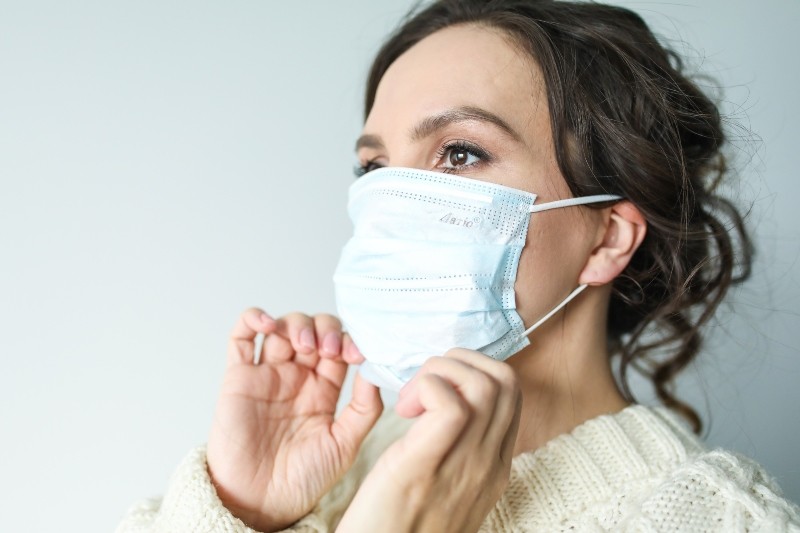

 Due to the spread of COVID-19, the CDC made a recent recommendation that everyone should be wearing face masks in public. Although face masks provide important protection from the virus, wearing them for an extended period can also lead to skin irritation. Here are some things you can do to avoid that.
Due to the spread of COVID-19, the CDC made a recent recommendation that everyone should be wearing face masks in public. Although face masks provide important protection from the virus, wearing them for an extended period can also lead to skin irritation. Here are some things you can do to avoid that.